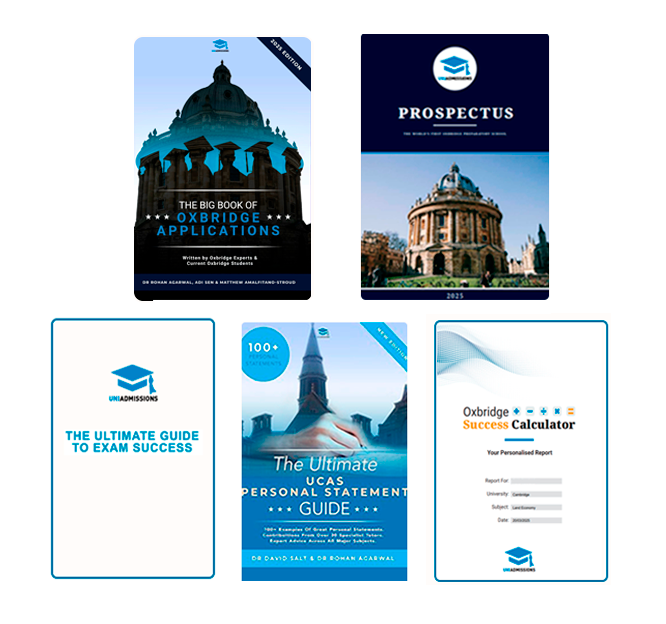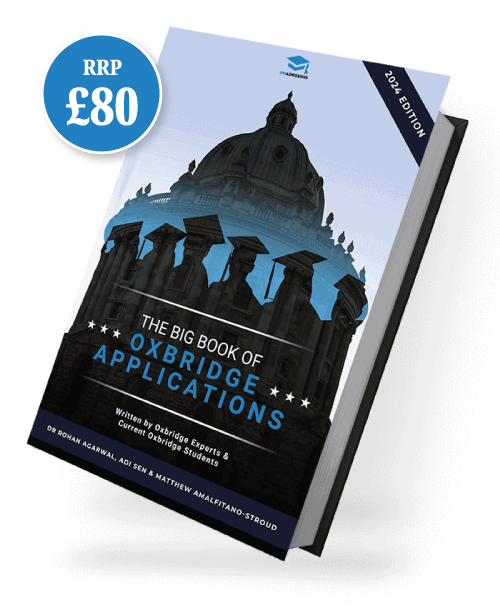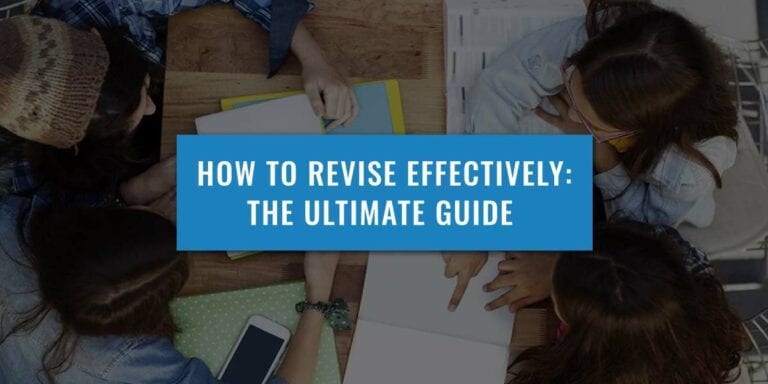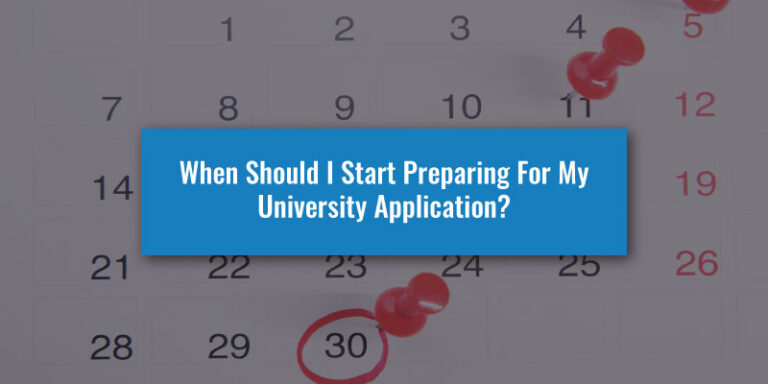Achieving A*s at A-level is a war that is not won on the day you walk into the exam hall, it is won during the months of preparation beforehand.
A*s are not reserved for the most academically able. You will likely know friends who are academically gifted but end up with average grades and others who take you by surprise by achieving some of the best grades in your year.
There is no secret hack that people miss. It is actually all about how well you use your time during your studies. For example, if you start revising early, it gives you ample time to completely understand the topics you find difficult, and then nail them in the exam.
To elaborate further, we have broken down the three best approaches to achieving top marks at A-level.
1. Start A-Level Revision Early
There’s a huge list of reasons why you should start your A-level revision early. It gives you enough time to identify weaker areas that need extra work, more opportunities to go through practice papers and your stress levels are reduced during exam season, as you are backed by months of revision.
When we say starting early, we mean starting revision and preparation from the beginning of year 12/lower sixth, not a few months before your final exams. This can make it difficult to stay motivated, especially when there are months until your first exam dates. However, this is what sets A* students apart from other students, their dedication to achieving high grades.
The good thing is, there are ways to keep yourself on track and you don’t have to lock yourself in your room for the next two years to hit the top grades. Completing two hours of extra work each week for each subject, such as finalising revision notes, further reading and working through practice questions, will help you avoid stressing over the difficult topics you didn’t get a chance to focus on when exam season hits.
Invest your time and effort into A-levels now, and they will pay dividends when you receive your dream offer.
The Compound Effect
This approach (extra hours of revision each week) uses The Compound Effect, a principle explained by Darren Hardy, which is the strategy of reaping huge rewards from small, seemingly insignificant actions. This applies to A-level revision by starting early and consistently revising each subject for two hours a week.
Let’s see how this works, with Jamie, a student applying for Oxford Medicine, who’s started revising since day one of his A-levels:

- Name: Jamie
- Predicted A-levels: A* Biology, A* Chemistry, A Physics and A Maths
- 1st UCAS Choice: Oxford Medicine
- Notes: Not the most hard-working student, but very consistent
| Event Category | |
|---|---|
| A-level Qualifications starts | |
| First A-level final exam date | |
| Number of weeks between start of A-levels and first exam |
If Jamie uses The Compound Effect and starts revising early:
| Approach | |
|---|---|
| Revising 2 hours a week on Biology | |
| Revising 2 hours a week on all four subjects (8 hours total)* |
*Equates to just over an hour of revision a day, which is very doable.
Now let’s compare Jamie to other students who panic and start hectic revision from March until the first A-level exam date (11 weeks of revision). They have also taken four subjects and are revising three times as much as Jamie does a week (24 hours compared to 8):
| Approach | |
|---|---|
| Revising 24 hours a week on four subjects |
So how does this compare in terms of hours to Jamie?
| Approach | |
|---|---|
| Revising 8 hours a week on four subjects from the start | |
| Revising 24 hours a week on four subjects from March onwards |
Although Jamie is revising three times a week less than the stressed student, his early work of just an hour a day means that by the date of the first exam, he has revised for 456 hours more than the other student managed (nearly 3x more).
Your A-levels are just one part of your Oxbridge application. Performing well in your Personal Statement, Admissions Tests and Interviews is key for offer success.
Prepare effectively over the next few months with our expert Oxbridge guidance and structured learning. We help you craft the perfect Personal Statement, achieve a highly competitive Admissions Test score and teach you how to Interview effectively – covering all areas of your Oxbridge application, from History to Medicine.
Discover our Oxbridge Premium Programmes by clicking the button below to enrol and triple your chances of success.
2. Organisation and Time Management
As we have learnt from the previous section, starting early is a simple way to effectively use the months between now and your first exams. The trouble is, you could be reading this with 90 weeks ahead of you until your first exam, that’s a long time to stay focussed and get your weekly hours of revision in.
This is where effective organisation and time management is crucial.
To accomplish this, your first step is to create a list of your key dates such as AS exams, mocks, practicals, coursework and final A-level exams. Now you have your key dates, you know how much time you have before you need to put your preparation to the final test.
It’s now time to create a revision timetable. Try not to be too rigid with it, events will pop up where you will have to miss a day of revision, and you don’t want to play catchup for the rest of the year. This will negatively impact your motivation.
Although we have just said avoid being too rigid, you still need to avoid being too general, for example, adding ‘Biology 10:00 – 11:30’. Subdivide your subjects into the different A-level exam papers and specification topics so you end up with a clear list of everything you need to cover. Now you have all the subjects in front of you, the next challenge is deciding on what to focus on and when. You may also want to try other revision methods, such as Interleaving, which splits your studies into smaller chunks.
Start With The Hardest Topics First
With the list of everything that you need to cover for each subject, colour-code the topics according to how much work you need to do. For example, red would mean you don’t understand the topic or are not confident at all, orange signifies you need to learn some more, and green means you’re confident. We recommended starting with the topics you find the hardest first, and then once you’ve conquered them, move on to the easier ones. To achieve an A*, you need to be confident with all the topics.
We have received suggestions from a few of our students to try Anki, which is a flashcard-based app that shows you flashcards more frequently on the topics you find difficult. You might find it useful too.
An easy way to identify your weaker areas is through using practice questions and past papers. You can then adjust the plan you created to reflect the new topics that need focus. Never remove a topic from your plan just because you did particularly well. You can spend less time revising it but don’t exclude it completely.
Access "The Oxbridge Application Vault"
- 300+ page ebook for Oxbridge Applicants
- 25 page ebook for Personal Statement
- 2h+ online course to succeed in any exam
- Online Oxbridge Success Calculator
- 12 page ebook about UniAdmissions

Access "The Big Book Of Oxbridge Applications" For FREE
Before your A-Levels, you need to complete your Oxbridge application. You can discover everything you need to know in The Big Book Of Oxbridge Applications, available for free here! Through over 350 pages, you will find:
- 28 example Oxbridge Personal Statements
- Over 40 admissions test practice questions
- Interviews with Oxbridge students and graduates
- A-Level Revision Guide
- Additional downloadable resources
Fill in your details below to claim your digital copy today!

3. Practise, Practise and Practise
How To Use Past Papers And Practice Questions Properly
Keep track of your scores from past papers so you can see if you are making progress. Always make a note of which questions and topics you are losing marks on, these can then be your next area of focus. This will eliminate the risk of not understanding a topic when you are asked a question about it in the exam.
Create essay plans for all of your relevant subjects and attempt to write the essays from memory using the structure you made. When you finish, take a break and then mark your essays with an honest score. Self-marking will help you understand what the examiners are looking for and you can always peer mark your friend’s papers.
You must always practise under exam conditions to replicate the time-pressured nature of exams. If you keep overrunning, then this is the opportunity to look at your exam technique and try new ways of approaching and answering tricky questions.
Be strict with yourself, we know how tempting it is to just check your notes or the answer, but do practice papers as you would in the exam hall, with no notes and with time constraints. You’ll only be cheating yourself and negatively impacting your long-term performance.
The more you practice and go through all previous past papers, the more you’ll get an idea of what can come up. You’ll understand the wording and common themes. There will be students in your year that will try to predict the exact questions. From our experience, this can work, but the risk is too high. Examiners know students do this and would rather you enter the exam hall with a wide knowledge, and that is what they’ll test.
We could not stress this more, make sure you read the questions properly and understand what they are asking. Each year, really talented students jump into a question too quickly and write a beautiful answer that does not answer the question. It is a complete waste of time and examiners will regretfully give you low marks on what should have been a model answer. Our guide on understanding A-level essay questions explains what the different question types are, and what they are really asking.
In summary, you have an amazing opportunity to achieve top marks if you start early and plan the months ahead of you in the most effective way possible. When you consider how much free time you have after school and at weekends, even if you do sports and have hobbies, putting in a few hours a week of revision and preparation is incredibly doable.
You don’t have to be the most academically able student to achieve A*s, you just have to be prepared to invest your time and effort over the next few months. Good luck!
Start your Oxbridge application journey in the best way possible with effective support from our Oxbridge Tutors.
We help you craft the perfect Personal Statement, achieve a highly competitive Admissions Test score and teach you how to Interview effectively – covering all areas of your Oxbridge application, from History to Medicine.
Discover our Oxbridge Premium Programmes by clicking the button below to enrol and triple your chances of success.







